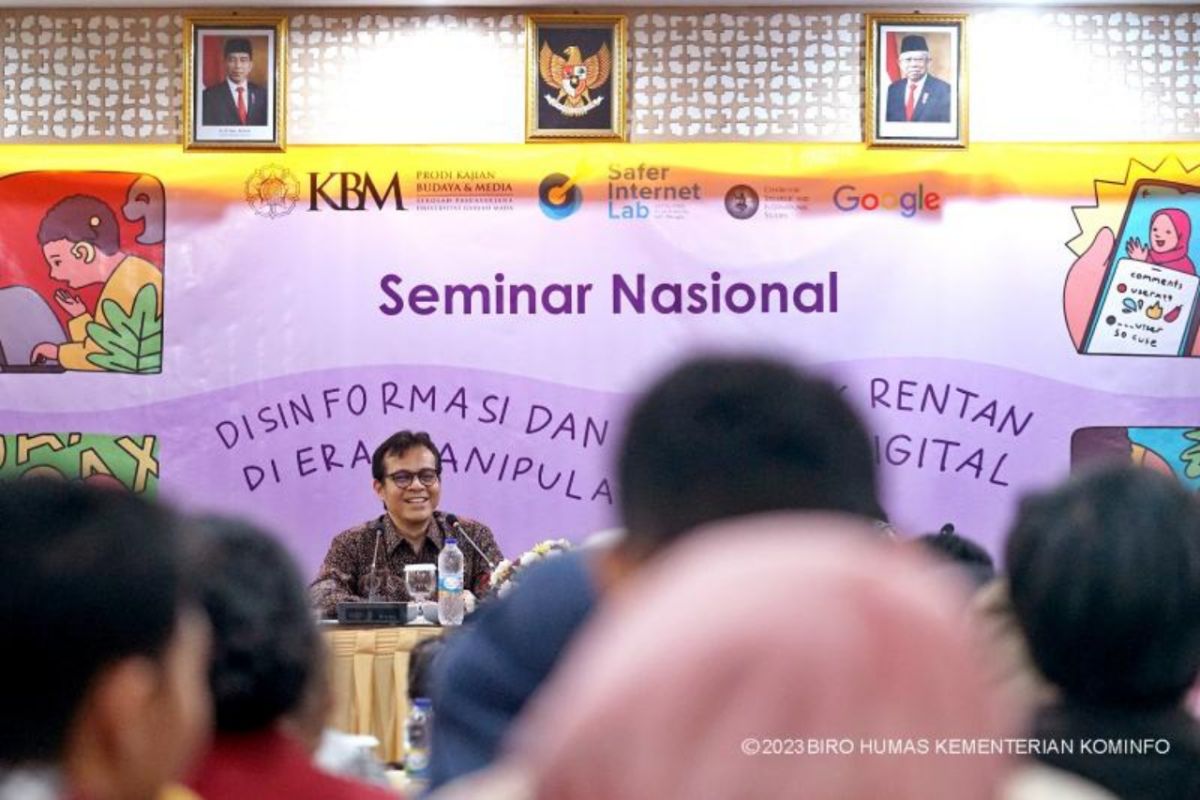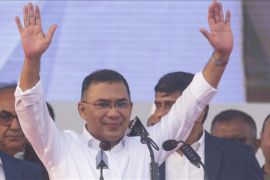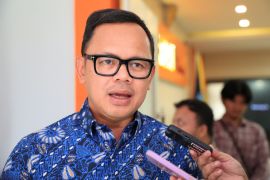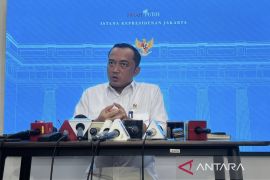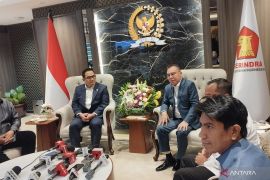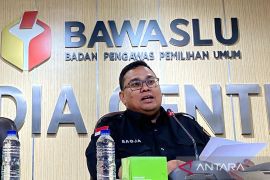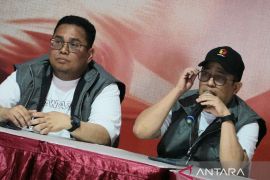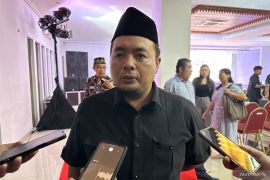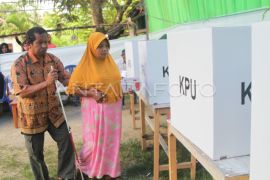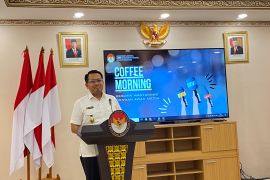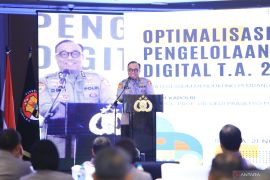"The impact of disinformation can be extensive, ranging from the potential for political polarization, declined trust in journalism to the democratic process itself," Deputy Minister of Communication and Informatics Nezar Patria noted in a statement here on Friday.
Patria reaffirmed the ministry's commitment to anticipating the spread of disinformation that is increasingly common ahead of the election held once in five years.
In fighting hoaxes related to elections, the ministry focuses on vulnerable groups, such as women, people living in rural areas, people with disabilities, the elderly, and children.
Patria remarked that based on data, several people are worried about the dangers of disinformation in every election event.
A survey conducted by UNESCO and IPSOS in 2023 revealed that 80 percent of people, who will face elections, believe that disinformation has an impact on politics in their countries.
Related news: Regulations, tech can help combat hoaxes, deepfakes: Lemhannas
There is rising public concern over increasing disinformation and its impacts.
In addition, the abuse of AI technology in spreading disinformation that increases every year can worsen the harms of disinformation on society.
According to Kominfo, at least 95,820 deep fake videos will be spread globally in 2023. This number has increased by 550 percent since 2019, according to data from Home Security Heroes.
Looking at the data, Kominfo affirmed its commitment to protecting vulnerable groups from harmful disinformation.
Kominfo applies an inclusive approach to introduce digital technology to vulnerable groups.
"An inclusive approach presents digital technologies that are accessible and adopted by all and supports meaningful and safe use of the internet and digital services," Patria stated.
Related news: Those spreading election hoaxes may face legal action: govt
Related news: Election-related hoaxes up almost tenfold this year: minister
Translator: Livia K, Kenzu
Editor: Yuni Arisandy Sinaga
Copyright © ANTARA 2023
